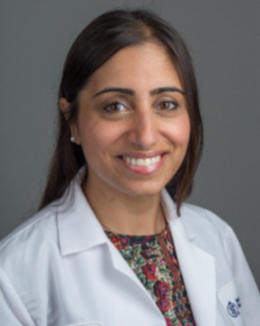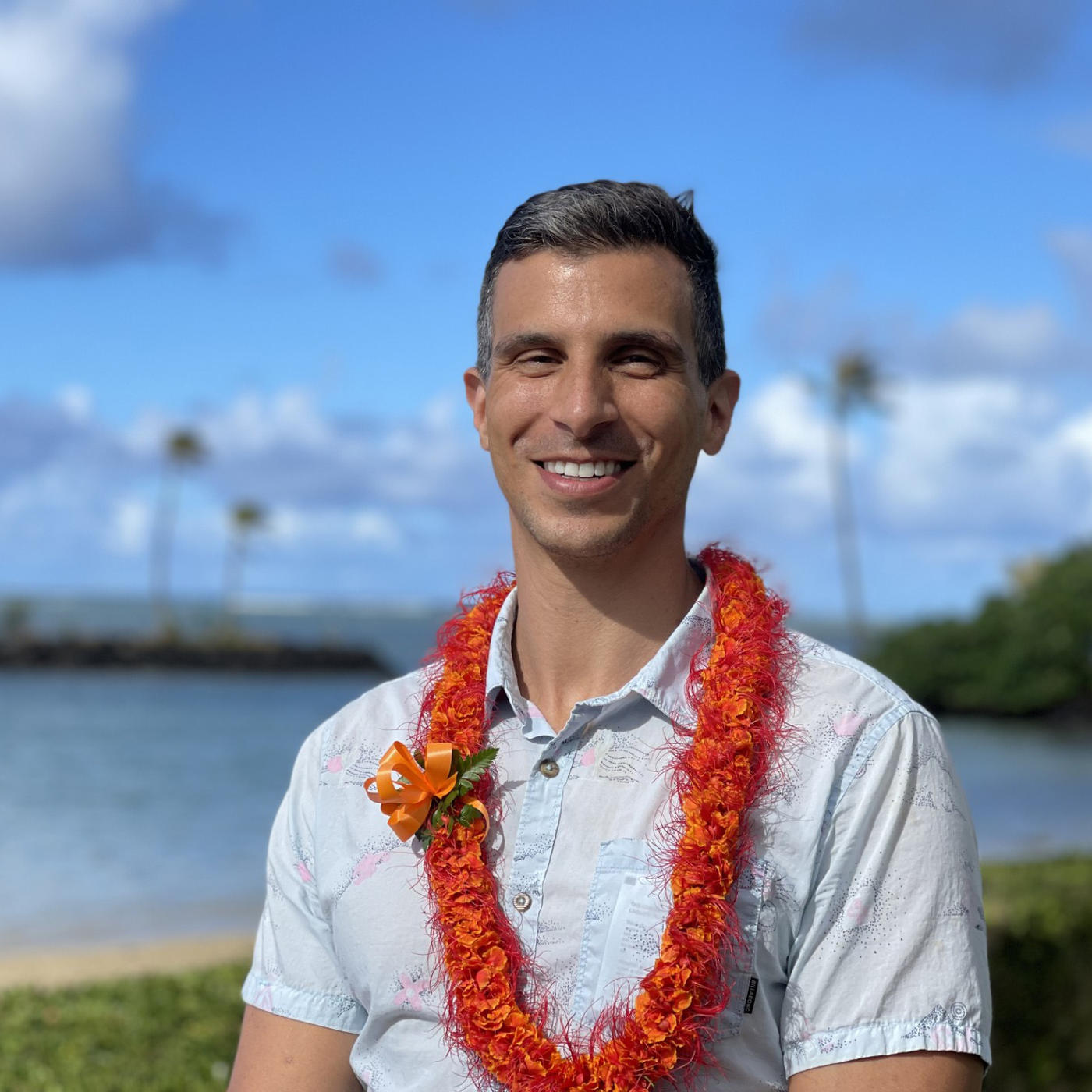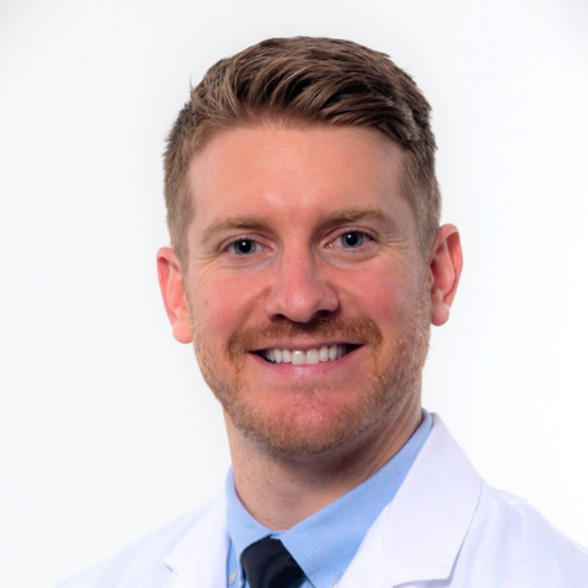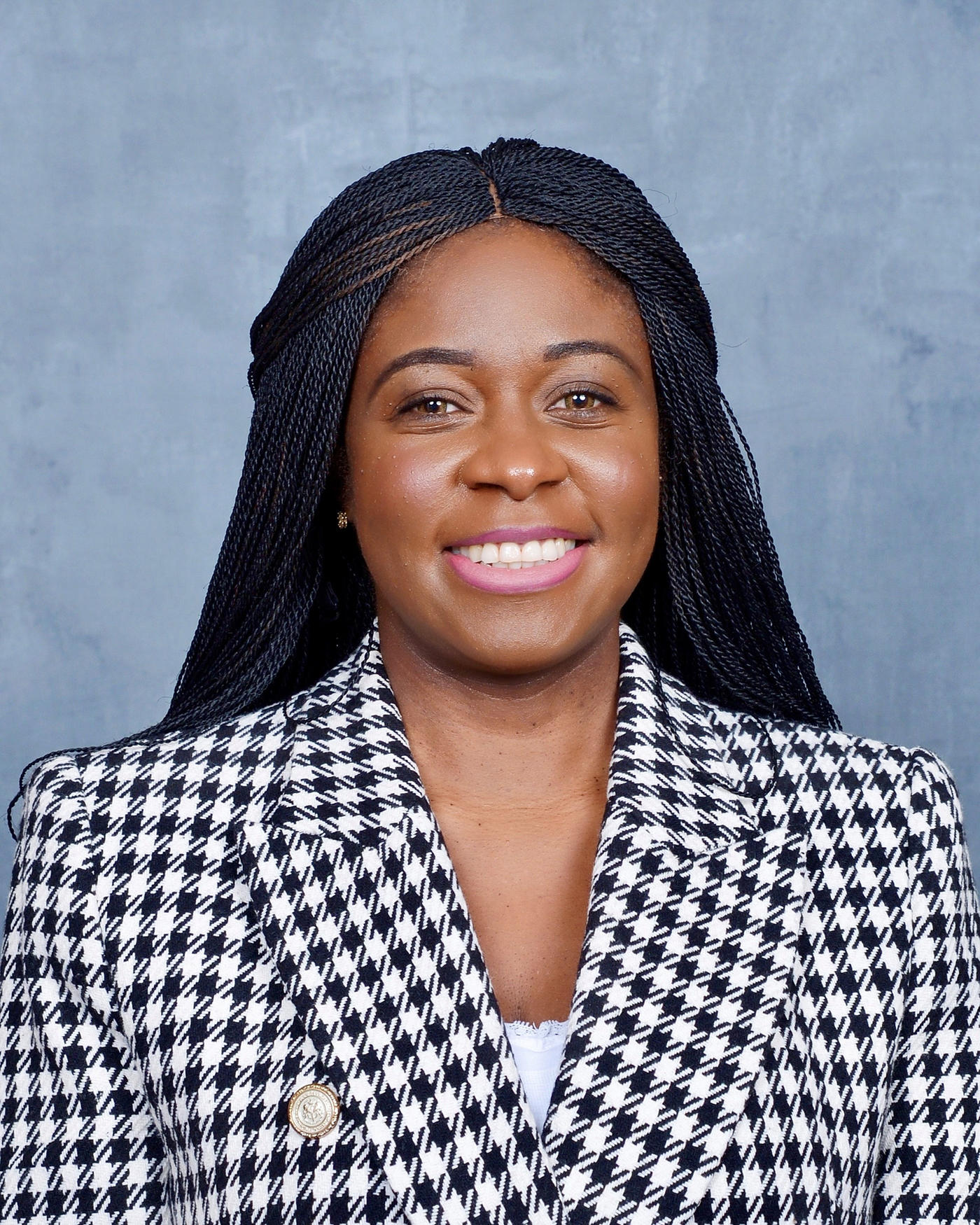Despite hailing from a family of doctors, Monica Arti Makhija, MD ’07, wanted to be anything but a medical professional when she grew up. In fact, the American University of the Caribbean School of Medicine (AUC) alum describes her road to medicine as “non-conventional” to say the least. Dr. Makhija witnessed her mother struggle to assimilate into the medical system as a foreign graduate, who had just immigrated to Canada from India.
“During the ’70s, women of color had to incur many obstacles within the system and there wasn’t a lot of advocacy at the time,” says Dr. Makhija. “I saw that firsthand and just said to myself ‘I’m not going into medicine.’” Also recounting ballet recitals and other childhood events that her mother’s work schedule often kept her from, Dr. Makhija couldn’t fathom why she would want to put her adult self in a similar position. It wasn’t until her mother became terminally ill that she received her answer. “In caring for her, I got to know a lot more about the field than I ever thought I would,” says Dr. Makhija. “I guess you could say she left me with the gift of her passion. During her end stages of life, I really gathered how noble and altruistic this profession was.”
Falling in Love with Neurology
Dr. Makhija graduated from medical school with an interest in going back to Canada to practice family medicine in an underserved population. A mentor changed the course for her when they offered Dr. Makhija the opportunity to join their research efforts in multiple sclerosis and children.
She enjoyed the experience, and it led to her uncovering a fascination with neurology. After another year of family medicine, she would make the transition – going on to complete her residency training in the Department of Neurology at the University of Massachusetts where she served as chief resident. Dr. Makhija has a dual subspecialty after two neurology fellowships, one of which was at Harvard’s Beth Israel Deaconess Medical Center, where she is currently a faculty member and esteemed neurologist. The focus areas in her curriculum consist of continuity clinics for the neurology residents at the Combined Harvard residency teaching program and clinics focusing on both sleep and epilepsy for both the neurophysiology fellows and sleep medicine fellows.“It’s a very subspecialized field, because epilepsy patients don’t realize how important their sleep is,” says Dr. Makhija. “They have these unrelenting seizures and whereas some may require surgery, undiagnosed sleep disorders continue to play a part in their quality of life.”
The Extraordinary Importance of Sleep
A large portion of Dr. Makhija’s work and research rests in effectively developing a dual subspecialty between epilepsy and sleep medicine. She aspires to heighten the awareness around sleep disorders amongst her students and physicians alike. Ultimately, this initiative would positively influence field growth and patient outcomes. In doing so, she recalls a patient and young father of three who suffered from temporal lobe epilepsy as the result of a tumor. Dr. Makhija began monitoring and evaluating him and eventually sent him for a temporal lobectomy. The resection mitigated the seizures for some time, but sleep became a very prominent issue. Focusing on adequate sleep to help with seizure control was crucial. “We conducted a sleep study, and he improved dramatically, to the point where he was no longer experiencing seizures at all,” says Dr. Makhija. “We now believe that the seizures were partially related to central apnea that was connected to the tumor.”The patient couldn’t work or function normally in society, because his seizures had been so unpredictable. “After his surgery and a sleep study to monitor possible apneic events, we successfully treated him,” says Dr. Makhija. “I’m happy to report that he’s home with his family and has returned to work.”
Advocating Through Research
Dr. Makhija is also a researcher who was honored with a NeuroNEXT research fellowship last year to develop her clinical trials acumen. “We don’t have a ton of clinical trial opportunities in the area of sleep and epilepsy, or even sleep and epilepsy as independent areas of inquiry,” says Dr. Makhija. “I’m looking to develop my own knowledge by learning the ropes, so I can eventually develop trials in our own epilepsy monitoring unit.” “There’s just so much that people don’t know about these disorders and so much they could stand to benefit from,” she says. “I’m really promoting awareness of this opportunity to connect the dots for them while developing an underrecognized subspecialty.” When reflecting on all the amazing opportunities she’s been afforded and the work she continues to do in and outside of her profession, Dr. Makhija, a 2023 AUC commencement speaker, is grateful for “the education that opens the door to wherever you want to go.” She continues to champion the mentorship and educational opportunities she received at AUC that remain prevalent in her day-to-day. “One of my mentors has a son who’s considering AUC and he asked me what I thought,” says Dr. Makhija. “I told him that it’s a great institution that really taught me how to advocate for myself and take every opportunity as it comes.”“I’d just tell him to look up every once in a while, and enjoy his surroundings too,” she concludes. “It’s a beautiful place to be in medical school.”





